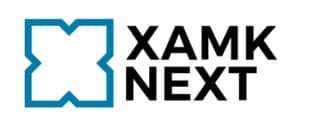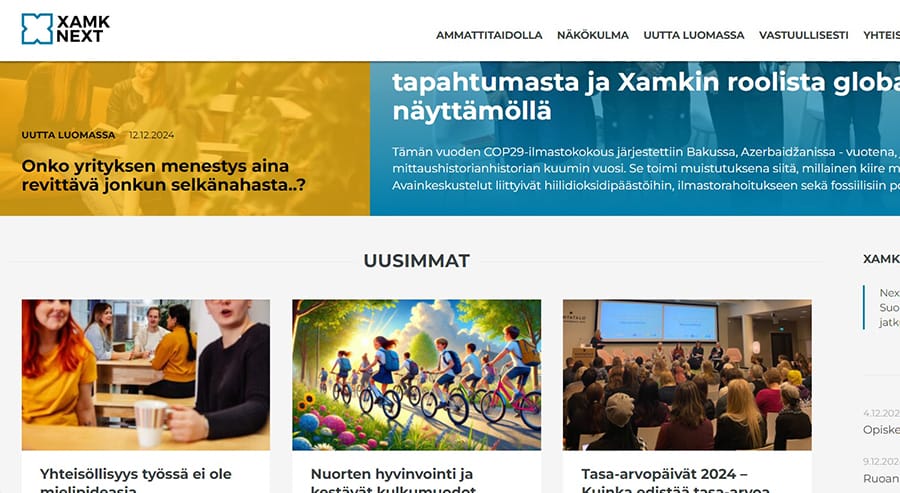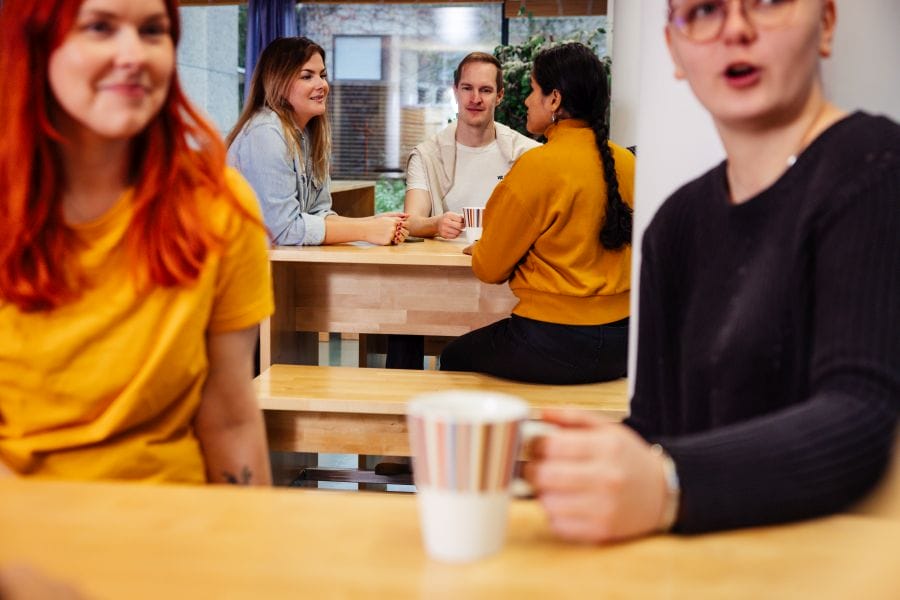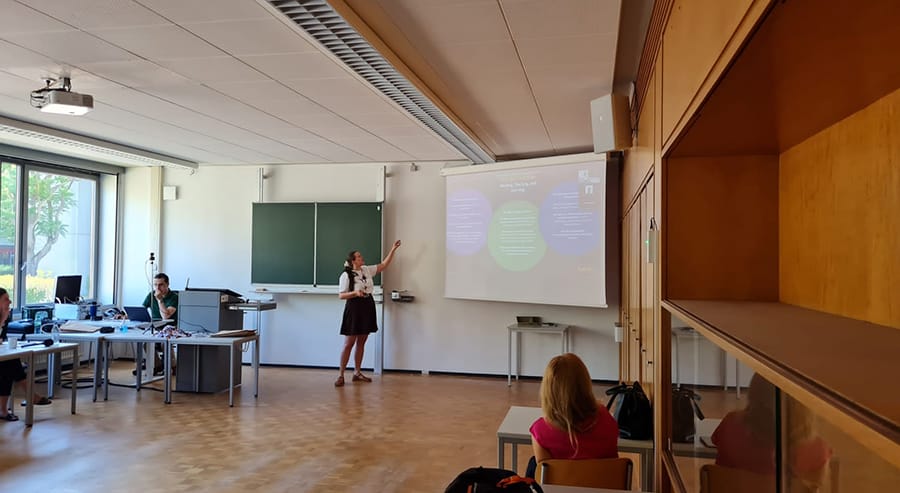Developing a truly inclusive European higher education institution alliance
INGENIUM is an alliance of ten institutions of higher education from ten European countries that seeks to form a network of high-quality education and cooperation. The central focus areas of the Alliance are pedagogical innovativeness, sense of community, sustainable development, and entrepreneurship. Due to the international nature of the Alliance and the increased student and staff mobility, the promotion of intercultural competence, inclusion and non-discrimination are increasingly important. In addition, we also want to ensure that under-represented and vulnerable groups enjoy equal access to higher education and international learning mobility.
The goal of INGENIUM’s inclusive activities
In INGENIUM, the participating higher education institutions will jointly develop an action plan for equity and inclusion. This will be achieved by identifying the existing barriers for inclusion within the INGENIUM alliance. These barriers could be related to e.g., disabilities and health problems, social, economic, geographic, and cultural barriers, or discrimination.
Students, teachers, and other university staff should be able to move easily between universities for studies or work, without encountering any form of discrimination or harassment based on gender, disability, age, religion or belief, ethnicity, culture, transgender identity or expression, sexual orientation, low economic background, socio-economic barriers, or family situation.
By sharing good practices within the alliance and assessing available and potential support measures we can establish a shared framework on how to foster inclusion and tackle the existing barriers for inclusion.
The road so far…
So far, the working group has cooperated actively on-line, but the group also met live during the 10 Days of INGENIUM event organized in Karlsruhe in June.
During the live meeting, the INGENIUM higher education institutions shared their best practices regarding inclusion in each organization. At the same time, we were able to get to know the practices and challenges of the other higher education institutions and identify the common inclusion barriers that can be solved with a joint framework.
These common inclusion barriers include e.g. lack of support measures for people with disabilities, lack of awareness and training among staff and students, challenges with work-life balance, racism, as well as socio-economic and health barriers for mobility.
While we have worked together, we have also faced challenges that we did not necessarily anticipate. Now we also recognized that inclusion challenges and priorities vary from one country and institution to another, due to differences related to e.g., culture, geographical location, and history.
For example, in the Northern countries, one major issue that higher education institutions aim to tackle is gender stereotypes, that tend to guide students’ education and career choices. Some higher education institutions located in the Southern regions of Europe on the other hand face challenges related to e.g., attracting students with low socioeconomic background or first-generation students.
In addition, the inclusion priorities of the higher education institutions are dependent on the national legal background and policy development. This has made it more difficult to establish the common pain points that should be addressed with the joint framework.
What will be done next?
Now, the work continues in smaller groups, the goal of which is to discuss the different grounds of discrimination and barriers for inclusion and find the best solutions for them.
The subgroups cover the following themes: gender equality; disability and age-related discrimination; religion, race, ethnicity, and cultural discrimination; and socio-economic barriers.
One subgroup also focuses on professional development and community engagement, and another subgroup focuses on representation and inclusive curriculum.
The goal of the latter subgroups is to increase the capacity of INGENIUM member institutions in promoting inclusion both within the organization and in the surrounding communities.




